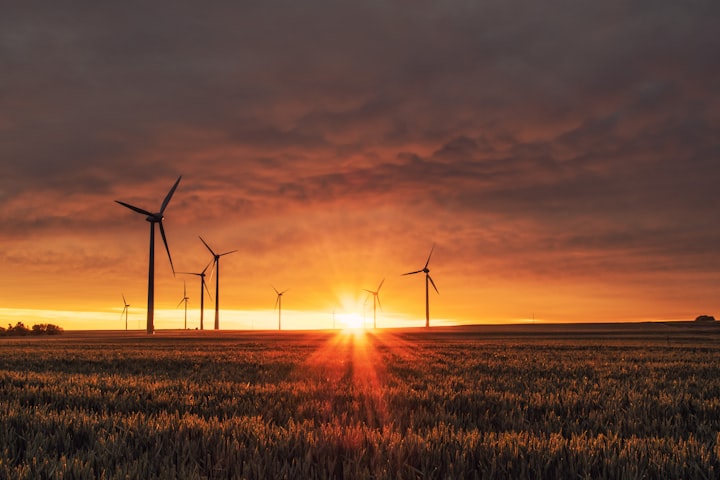Most Americans presently concede that the eventual fate of our average assets is in danger. As per one expert (Lubber 316), America is at a crucial point and needs to take critical measures. The common frameworks that it relies upon for its aggregate wellbeing and security will fall. Yet, although there is a lot of talk about activity, it isn't perfect for noting that individuals are not yet acting in a way close to what is needed to save the planet.
Many American's incorrectly imagining that being the 'heroes' successfully help the climate, yet plainly, more should be done if an enduring answer for the issue is to be gotten. Lubber indeed cautions that environmental change represents the most significant monetary danger organizations have ever confronted (317). But, in any case, many individuals imagine that ecological change is an issue that doesn't influence them straightforwardly, yet this is a long way from reality.
By looking carefully, one will see that debacles, for example, typhoon Katrina are connected to environmental change. This should be a reminder for all partners to follow up on the issue with more criticalness. But, unfortunately, despite the American government realizing the monetary danger related to environmental change, it has not found any huge ways to search for an enduring answer for the issue.
To see what the issue of worldwide change means for every single one of us, it is essential to take a gander at where we are as American's. For example, Zukerman (323) indicated that a gallon of fuel is now retailing at $4. What is surprisingly more terrible is that this abundance winds up in the pockets of individuals who don't uphold American arrangements like Iran, Venezuela, and Russia. In addition, Zukerman noticed that since the oil emergency of the 1970s, the American pace of oil utilization has been on the ascent (324).
While the United States establishes just 4% of the total populace, it represents around one-fourth of overall oil utilization, double the consolidated pace of the Chinese and Indians. Considerably more stunning is Zukerman's perception that almost 70% of the 21 million barrels of oil burned through consistently goes to transportation, the vast majority of which are used by individual drivers (324). This plainly shows that the privilege of saving energy isn't something that ought to be passed on to the public authority since everybody is involved.
As the American public search for an enduring answer for the oil emergency, an elective should be looked for if we as a nation are to achieve our fantasy of energy autonomy since no blend of sun based, wind, ethanol, biodiesel, or whatever else will ensure this freedom presently (Lubber 318). While the public authority has moved toward achieving energy autonomy, the more significant part of these actions is driven without help from anyone else interest.
A model case is then offered to deliver ethanol in the country. But, unfortunately, while the homestead and ethanol anterooms have prevailed regarding getting Congress to pay big endowments to ranchers to develop corn to be changed over into ethanol, a similar Congress has set high duties to debilitate less expensive, imported ethanol. Rather than aiding the circumstance, this has caused more issues since Americans accept that persuading ranchers to develop corn for fuel instead of doing this for food utilization has prompted high food costs (Lubber 319).
It is judicious to initially inspect how we got to the flow circumstance to search for answers for the energy issue. As per Zukerman (323), the public authority has been attempting to control oil utilization in the country. In 1975, the public administration passed the primary mileage standard law, known as Corporate Average Fuel Economy, or CAFÉ, which was an order that multiplied the eco-friendliness of the ordinary vehicle promoted in the United States somewhere in the range of 1974 and 1985 from 13.8 mpg to 27.5 mpg.
Albeit this was a welcome move, it didn't improve the situation since the law has never been explored since that time. An endeavor in 1990 to increase the fuel expectation to 40 mpg for vehicles evoked solid analysis by Democrats from vehicle-producing states. On the off chance that this bill had been passed, America would now utilize 3 million fewer barrels a day (Zukerman 324). In 2007, the taking off the cost of gas constrained Congress to endorse the principal significant expansion in eco-friendliness in 32 years, requiring the armada normal to reach 35 mpg by 2020. Albeit this is a good move, it is pitiful to take note that it will save just 1 million barrels every day then, at that point. On top of this, endeavors to climb charges on fuel to diminish utilization have fizzled, aside from a bit of expense increment of 4.3 pennies per gallon in 1993 (Zukerman 325).






Comments
There are no comments for this story
Be the first to respond and start the conversation.